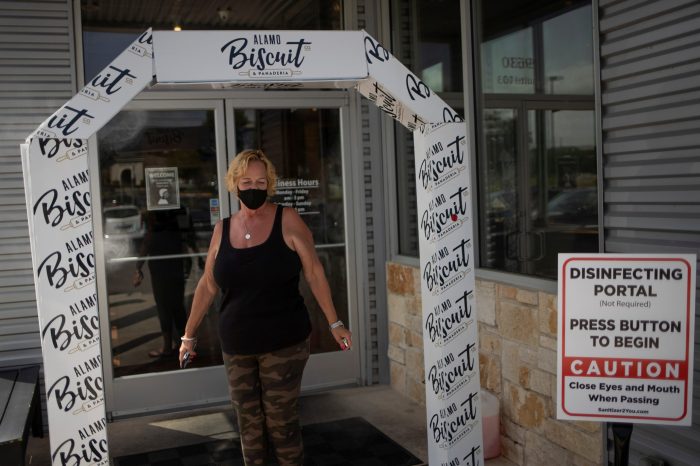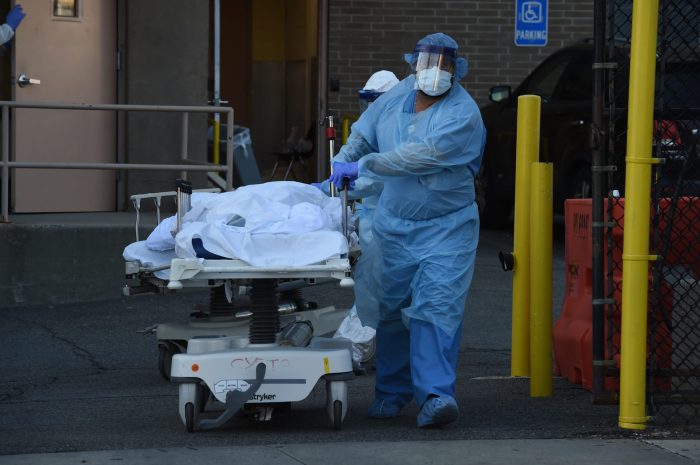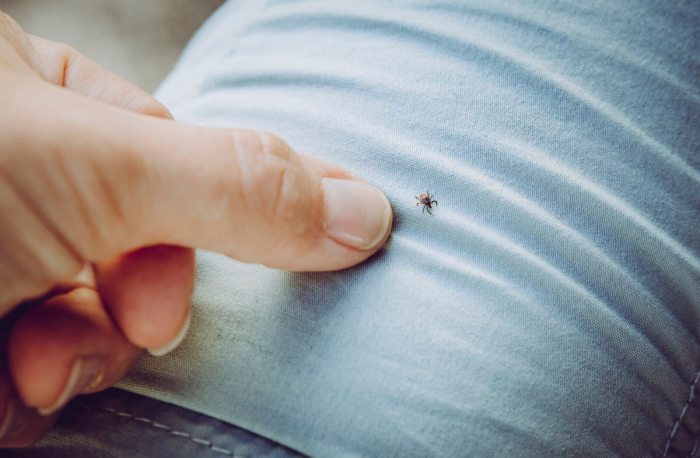By Manas Mishra and Carl O’Donnell, Reuters
The U.S. Centers for Disease Control and Prevention (CDC) on Wednesday said a shorter quarantine period of seven days with a negative COVID-19 test and 10 days without a test would work for individuals showing no symptoms after virus exposure, providing alternatives to the current 14-day standard.
The CDC said it still recommends a 14-day quarantine period for those exposed to COVID-19 as the best way to reduce its spread, calling the shorter options alternatives it hopes will increase compliance.
“Reducing the length of quarantine may make it easier for people to follow critical public health action by reducing the economic hardship associated with a longer period, especially if they cannot work during that time,” CDC official Henry Walke told reporters on a conference call.
People must still watch for symptoms for 14 days, Walke said.
Last week, a top U.S. health official said people might be more likely to comply with a shorter quarantine period, even if it meant some infections might be missed.
“I think it’s the right move based on epidemiological data and the difficulty people have in adhering to 14 days,” said Amesh Adalja, a senior scholar at Johns Hopkins Center for Health Security.
The World Health Organization has recommended a 14-day period for quarantine.
Studies show that people usually start showing symptoms of the disease within five days of exposure, but the CDC had earlier said between 40% and 50% of people with COVID-19 are asymptomatic.
The CDC updated its definition of what constitutes close contact in October to include direct physical contact, sharing food utensils, or exposure of 15 minutes spent six feet (1.83 m)or closer to an infected person.
The two shorter quarantine period are based on analysis of new research and data, CDC said.
“Agencies like ours have to have the courage to change when we have data that says we need to change,” CDC director Robert Redfield told the U.S. Chamber of Commerce.
“Obviously, 14 days of quarantine has an impact on productivity; 14 days of quarantine also has an impact on whether people quarantined,” he said.




































